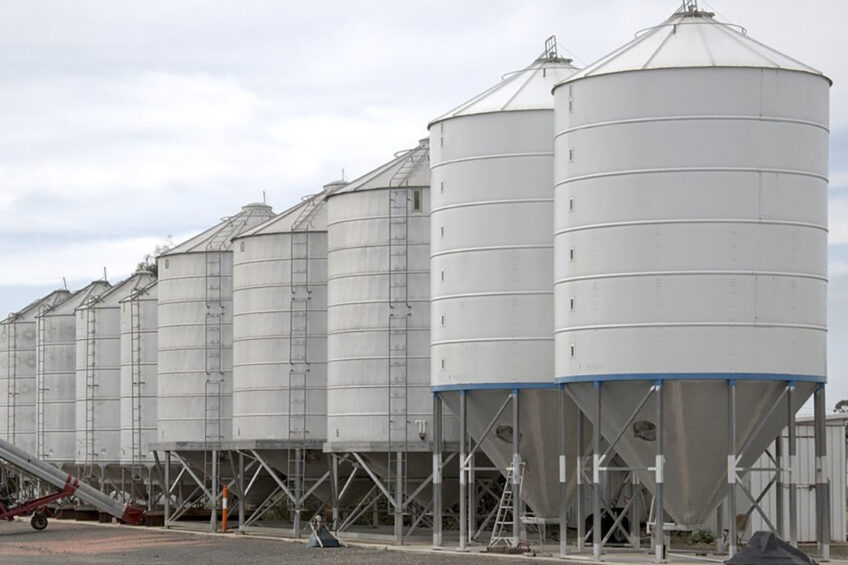Russia’s poultry industry braces for sanctions

The Russian National Union of Poultry Farmers has submitted a letter to the Agricultural Ministry asking to suspend the export of feed wheat, corn, soybean meal, feed amino acids, vitamins, package, equipment, and hatching eggs, citing concerns over the industry’s stability amid the continuing war in Ukraine.
The Ministry has preliminarily favoured the idea of export restrictions saying that it would stabilise the current situation in the Russian feed market, the Russian newspaper, Kommersant, reported.
Skyrocketing feedstuff prices
Since the beginning of Russia’s invasion of Ukraine, the Russian rouble has plummeted by 40% against the hard currency, sparking inflation concerns, as prices on the domestic market used to follow export prices, nominated in dollars.
In this background, the Russian Economy Development Ministry has, from 10 March, suspended the export of grain and sugar to the countries of the Eurasia Economic Union – a trading bloc comprised of Russia, Belarus, Kazakhstan, Kyrgyzstan, and Armenia.
Andrey Grigorashchenko, vice president of the Russian turkey producer, Damate, said that over the past 2 months, the price of sunflower and rapeseed meals in Russia jumped by 20%. The price of meal follows the exchange rate dynamics, Grigorashchenko said, adding that instead of limits, the authorities should consider introducing quotas in grain export or a combination of quotas and floating duties.
Problems with genetics and additives
As Russia is subjected to ostracism on the global market, the poultry industry is likely to suffer tough consequences, Eugenia Serova, agrarian policy director of the Russian Higher School of Economy said during the Crop Production Russia 2022 conference in Moscow.
Serova said that all crossbreeds currently used in Russia are imported, which means in terms of genetics, Russia completely depends on foreign countries. Besides, there is strong dependence on feed additives, she added.
Russian poultry farmers currently import 80% of feed additives, primarily from the European Union. On some products, import dependence reaches 100%.
Vladimir Fisinin, president of the Russian Union of poultry producers, Rospritsesoyuz, agreed that 99% of hybrids are imported to Russia. He explained that there are no purebred lines, but 58 producers of hatching eggs and several farms with parent flocks operate in the country.
“Such situation will let us last without import for 2 years,” Fisinin said, adding that during this period, the Russian poultry industry could expand the production of the first domestic crossbreed, Smena 9, which proved to be not inferior in terms of effectiveness, compared to Western crossbreeds.












